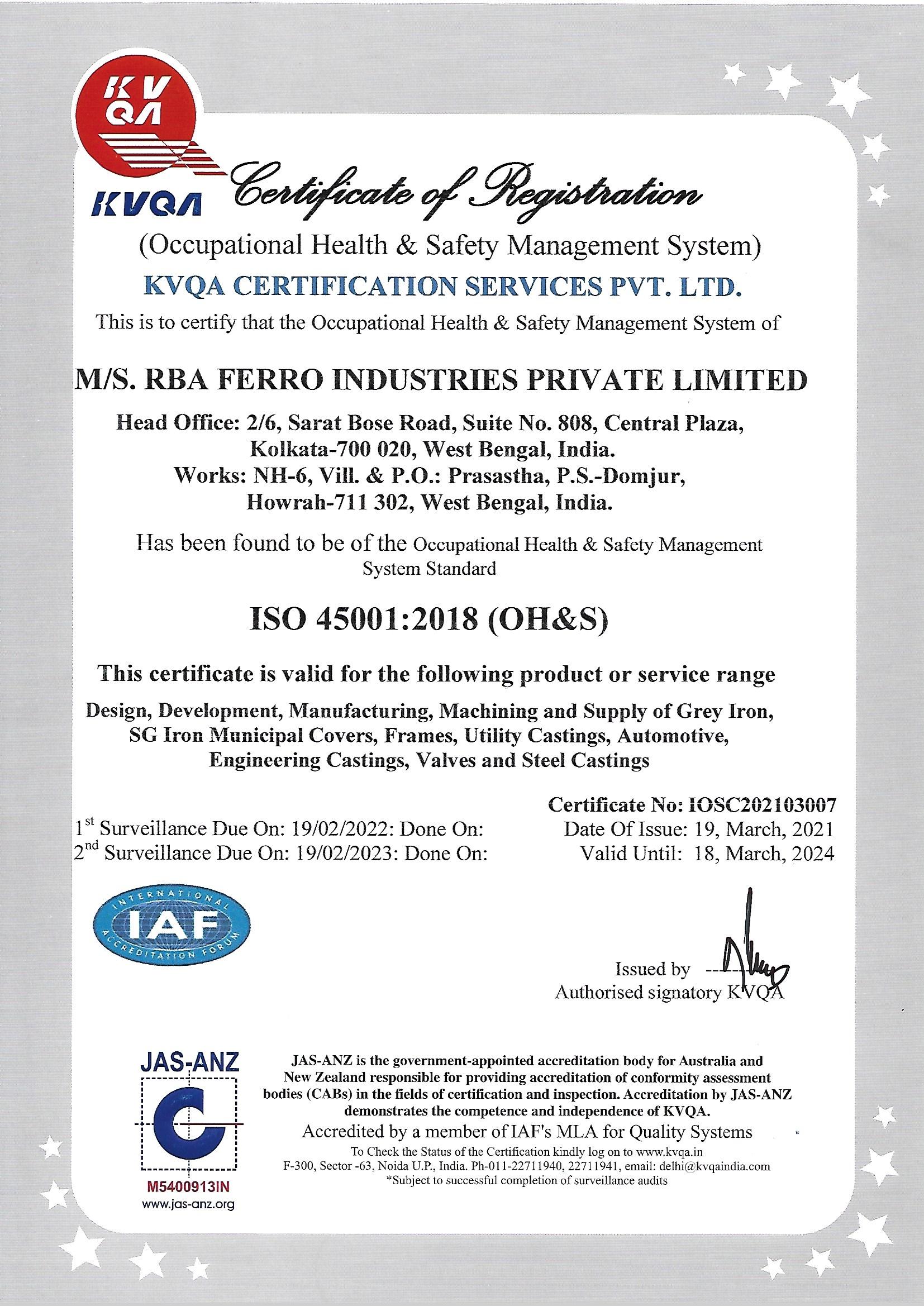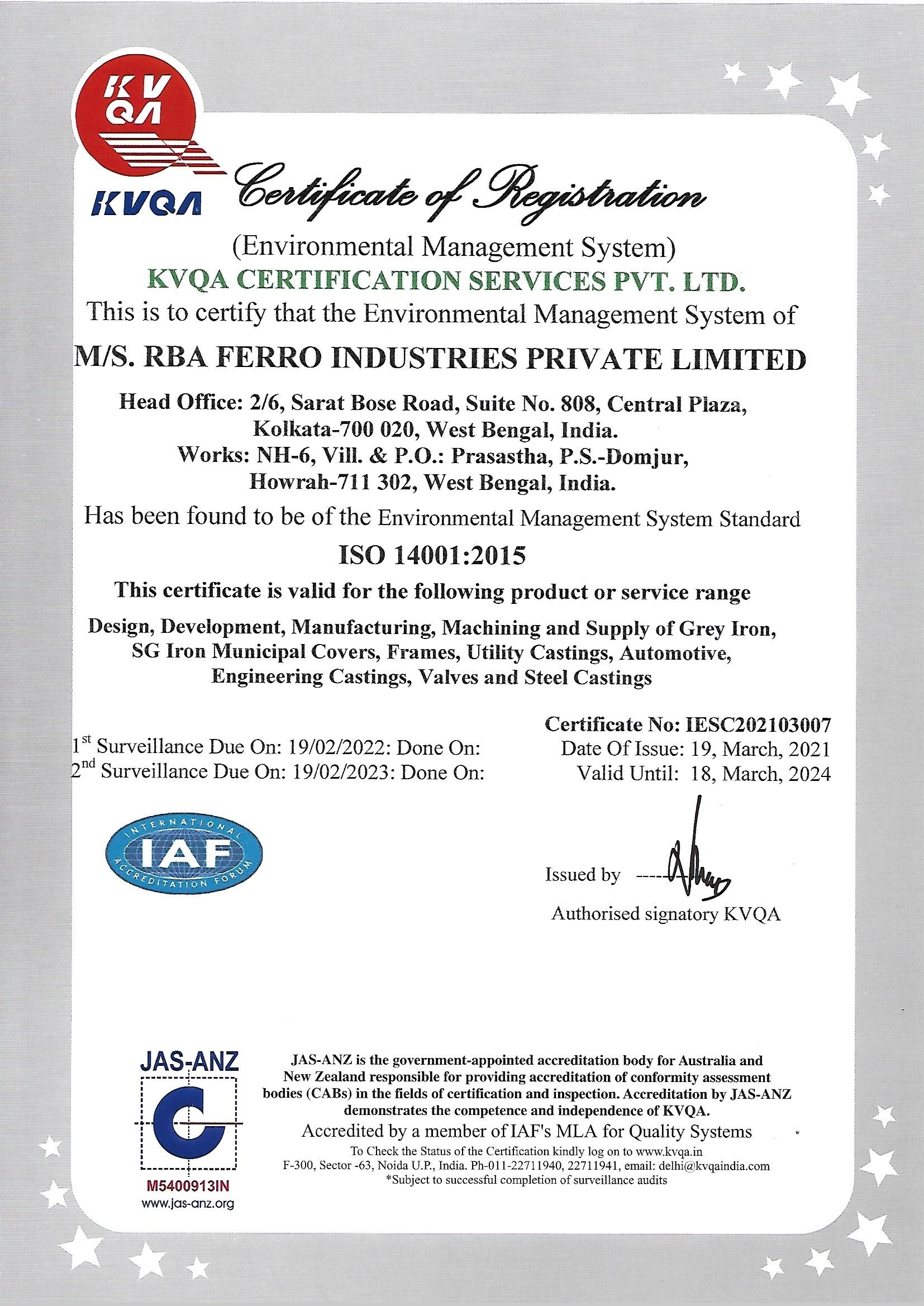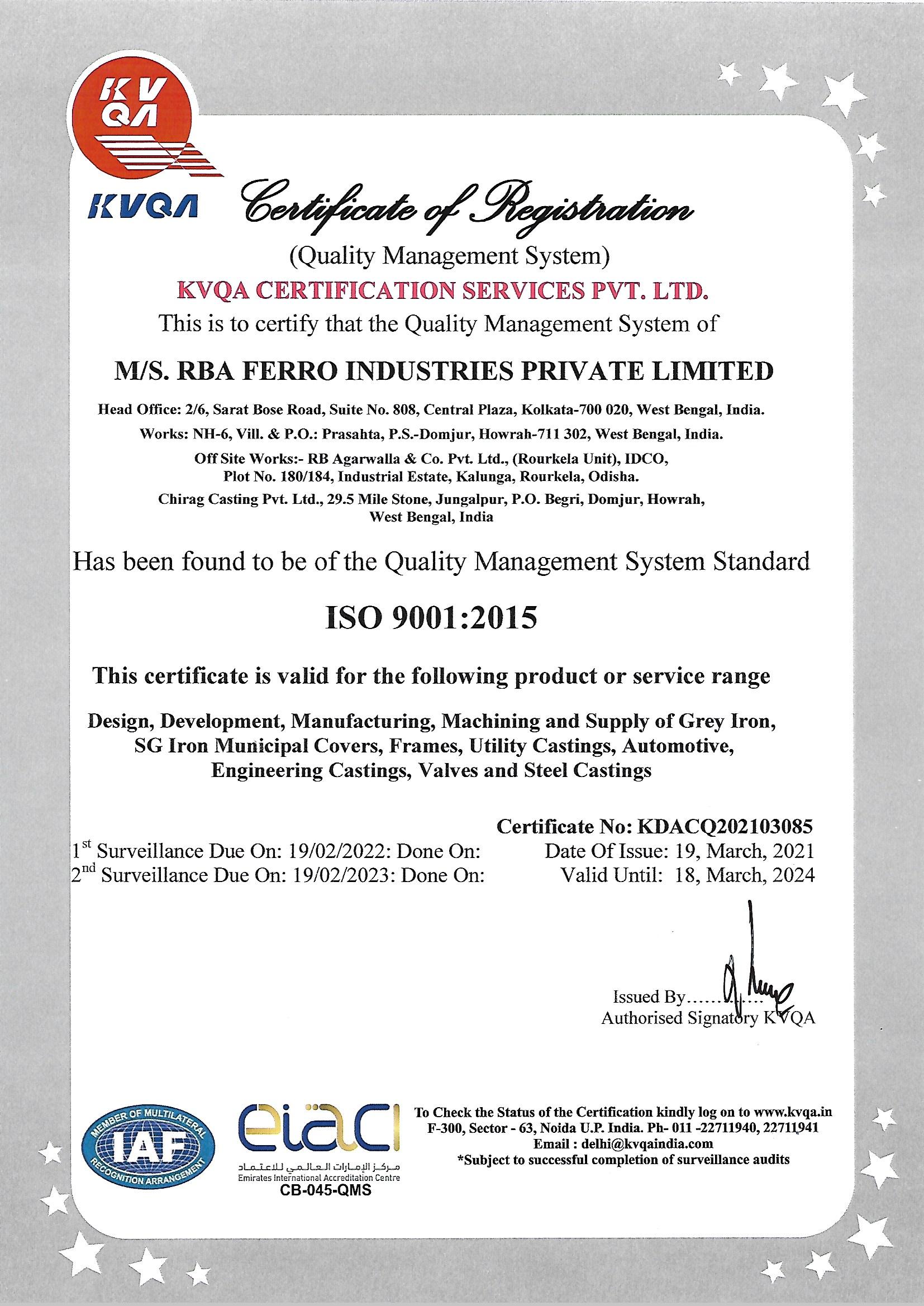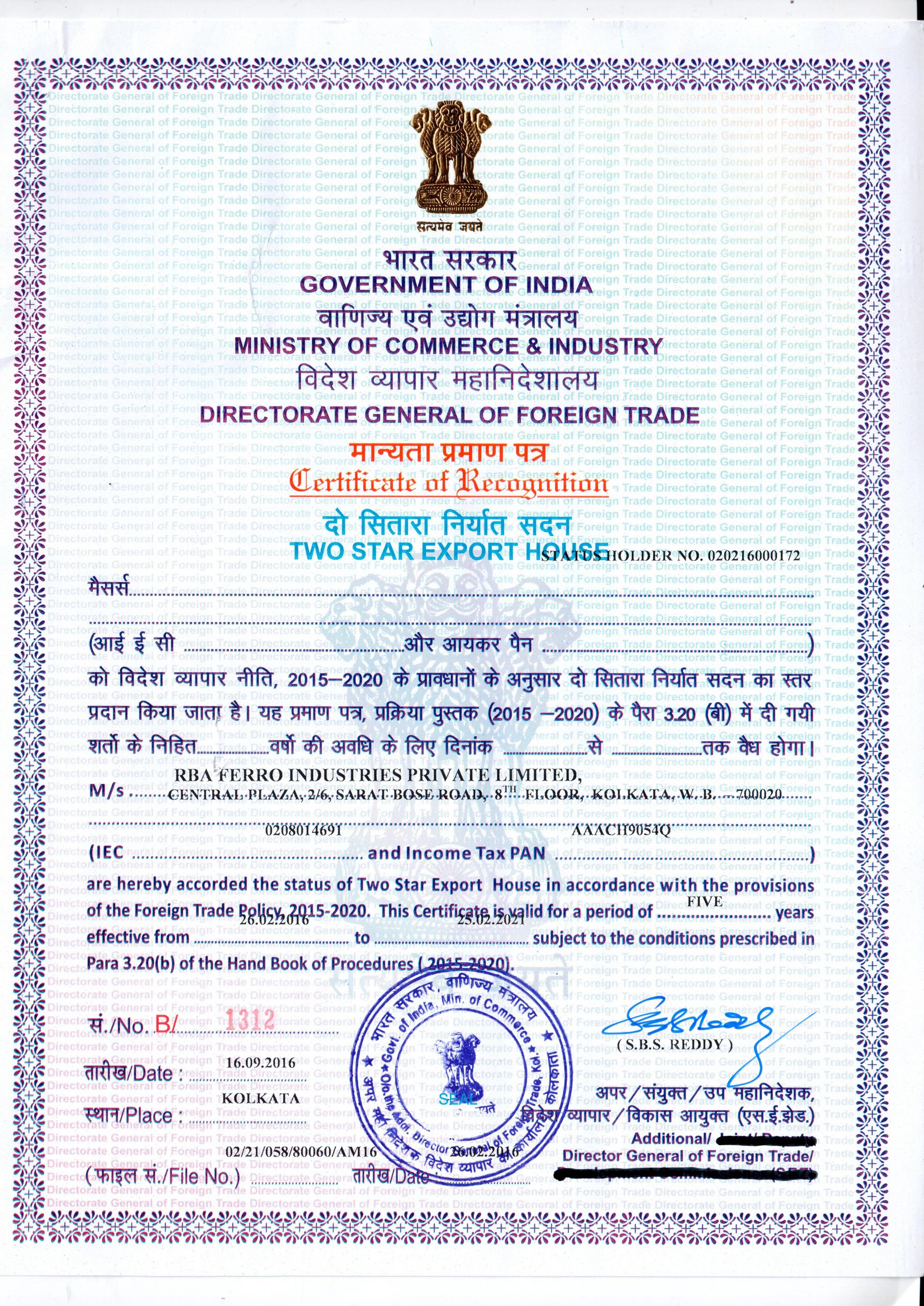


RBA Ferro Industries is committed to be a part of the present “Green Manufacturing” mission
We promote using less natural resources, lessen pollution & waste, reduce carbon discharge, complete recycling and reusing along with efficient and accountable waste management in our process.
RBA Ferro Industries is dedicated to attaining 100% sustainable manufacturing towardsmaking this planet a better place to be for the next generation.
We take utmost responsibility in consumption of the supplies and resources that we need to produce the finished product.
There are 400 employees employed and our systems and procedures are subject to periodic monitoring and approval by internationally recognized third party inspection companies like Moody’s, SGS, Bureau Veritas, BSI, etc. We are also approved by various Government bodies & internationally acclaimed project consultants for supplies.
Our wide clientele includes World Class OEMs, City & Town Hall Councils, Public Works Department, Electricity Departments, Telecommunication Departments; Government funded Infrastructure Development projects, Defence Housing projects, Airports, Seaports and F1 circuits.
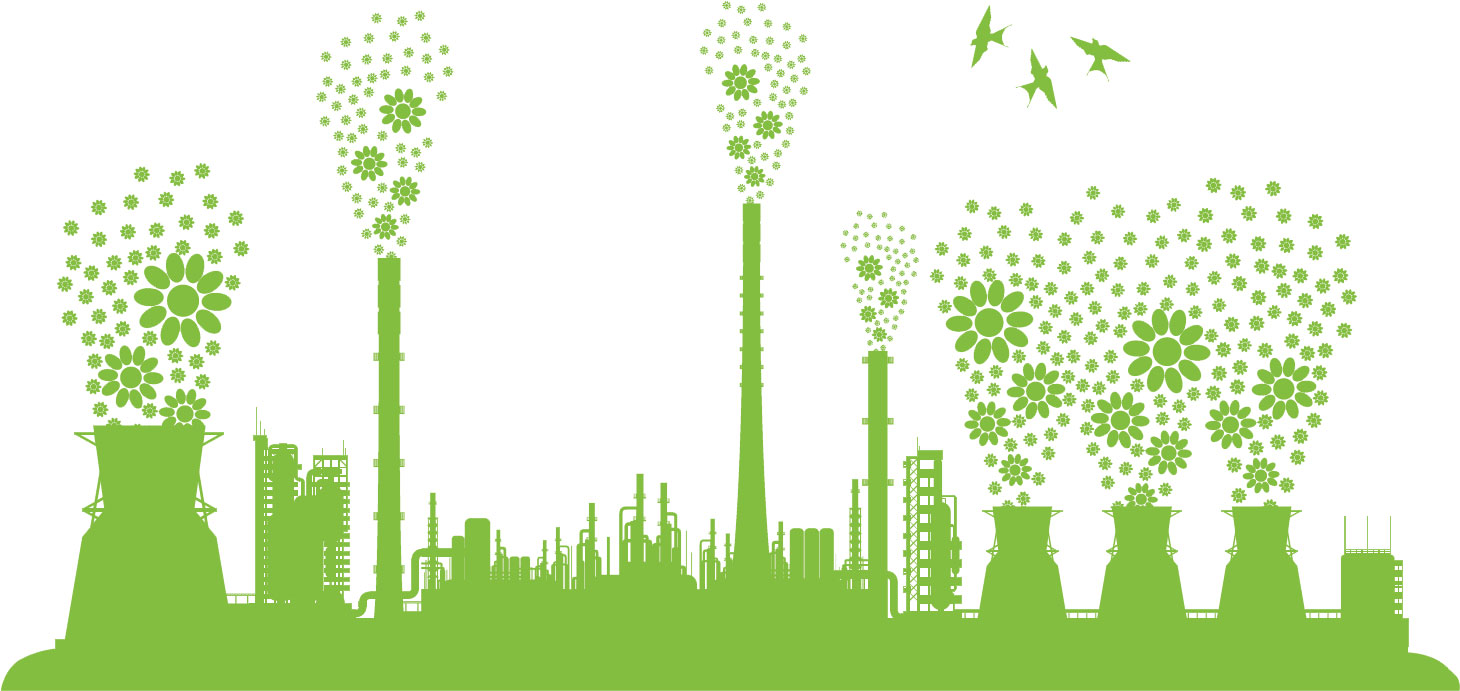
RBA Ferro Industries has been one of the fastest growing, steadfast, and trustworthy organizations in the segment of manufacturer-exporter of iron casting since its inception in 1986 under the brilliant guidance and acumen of great entrepreneurs, whose visionary schematic has poised RBA Ferro Industriesat the helm of the market with the leaders in Eastern India.
We offer end to end engineering solutions from design to delivery, RBA Ferro has been producing and exporting varied range of Iron Castings, Industrial Valves, Trench Gratings, Manholes & Covers and various OEM products in both Grey & Ductile Iron.
Founded in 1986, RBA Ferro Industries is one of the largest manufacturer-exporter of Iron Castings in India. Offering end to end engineering solutions from Design to Delivery, RBA Ferro has been manufacturing and exporting diverse range of Iron Castings, Industrial Valves, Trench Gratings, Manholes & Covers and various OEM products in both Grey & Ductile Iron.

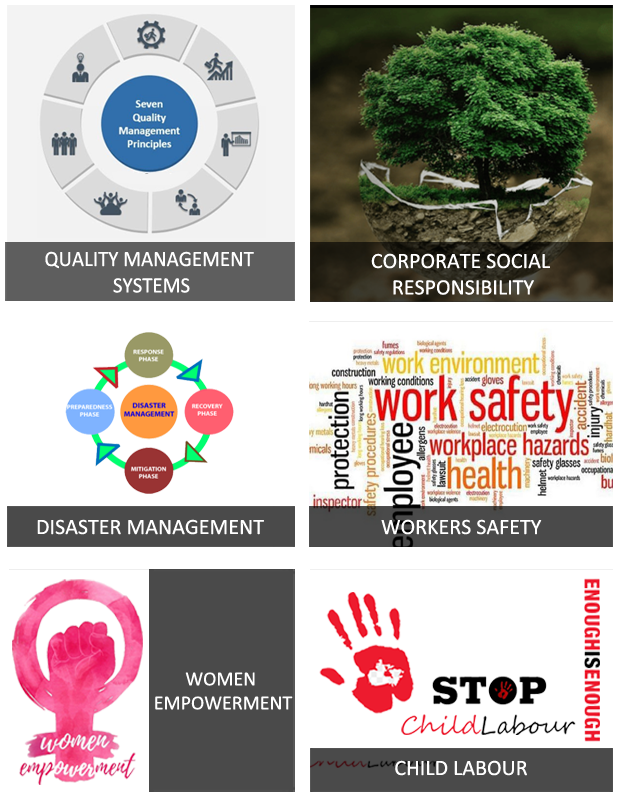
RBA Ferro Industries is one of the largest manufacturers and exporters of grey cast & ductile cast iron products in India.
RBA Ferro is a great place to work. We believe in complete transformation with contemporary ideology. We are expanding, altering, and challenging our own limits. Our efforts are always committed towards getting production maximization keeping our team of workers at ease. We take extraordinary endeavor to scale up our infrastructural support in the segments of logistics, information technology, factory divisions like foundry, machine shop and product development. Our plant is equipped with the state of art machineries to optimize productivity.
What clients say about us !




RBA Ferro Industries
is a “Two Star” manufacturer-exporter recognized by the Government of India.

RBA Ferro Industries has 4 captive foundries for catering to the export requirements.
Between these foundries we have an installed capacity to produce 20000 Mt of Grey Iron castings and 54000 Mt of Ductile iron castings annually.
We have a fully customized CNC and conventional machine shop specific to each product we machine to provide the most economical cost solution to the OEM.
RBA Ferro Industries has an in-house facility for product design and casting metal flow simulation i.e. PRO-E Mechanica and Soft Cast to optimize the development time.
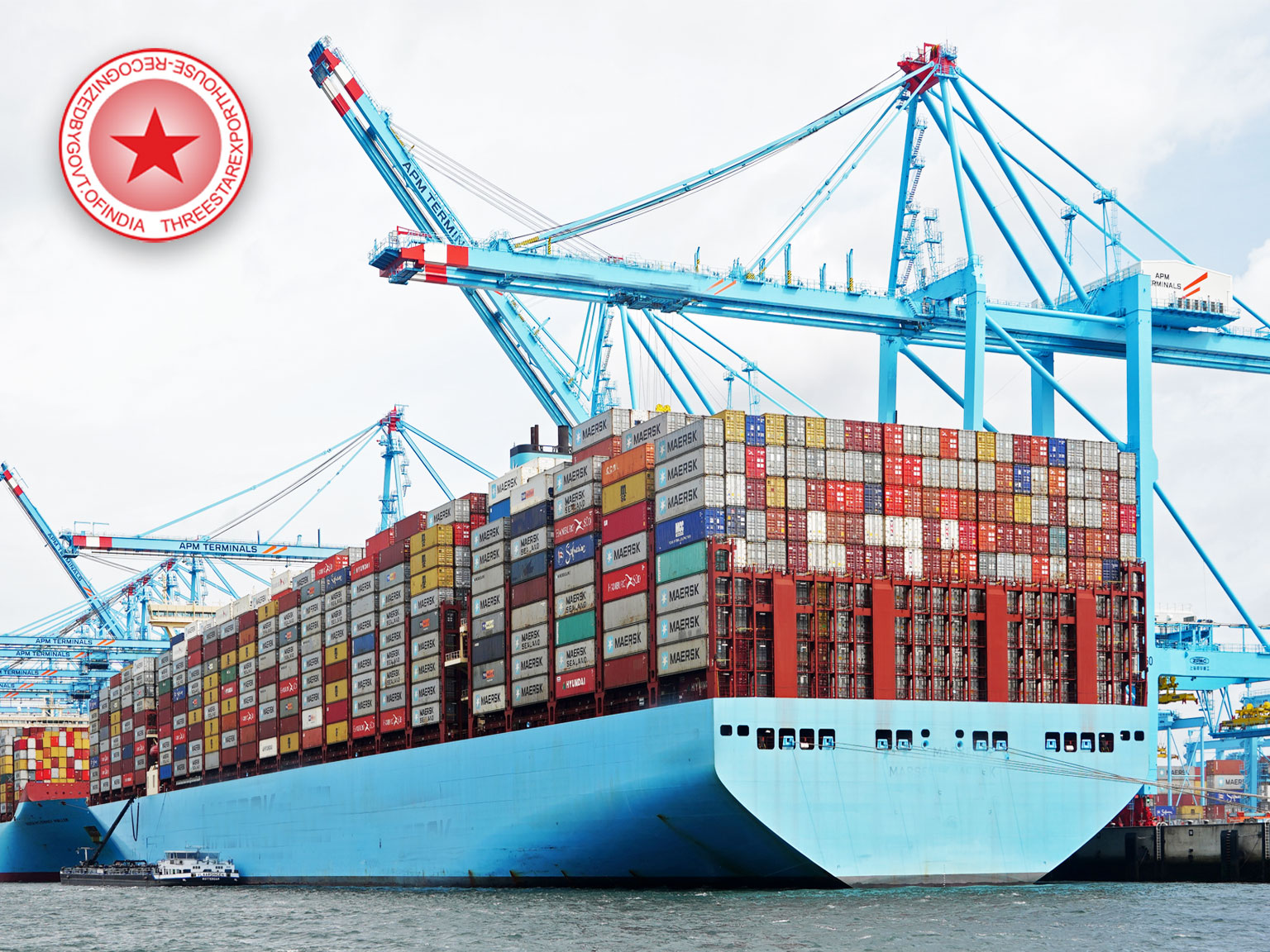
RBA Ferro have various international approvals like , FM, UL, RoHS, REACH, MPA, ICMQ, BS-KiteMark, BS-EN-124-2, ASTM-H20, AS-3996,UK-HA104/09








RBA Ferro Is the First Iron foundry in India to get the international Environmental Product declaration [ EPD ] certification.
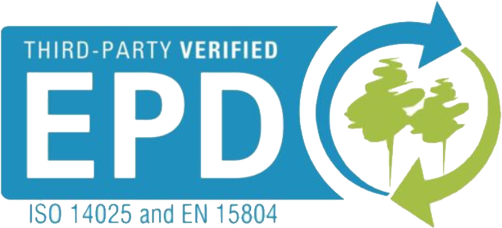
RBA Ferro Is the First Iron foundry in India to get the international Environmental Product declaration [ EPD ] certification.
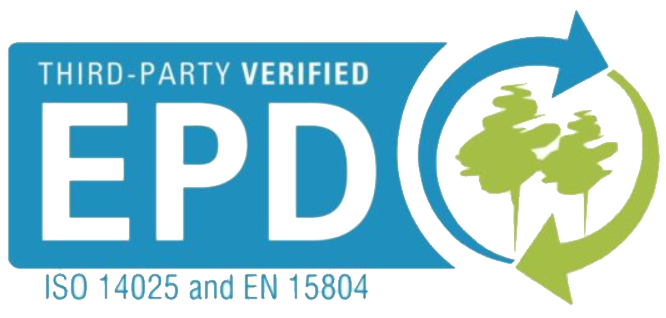



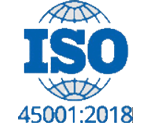

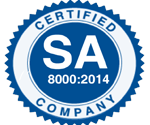

To liaise constantly with the concerned Authorities In meeting statutory obligations
To cater information & help, to see that Company’s Products used, stored & dispatched keeping vigil on Environment
To share information on Environmental factors with Customers, suppliers & communities
To educate employees constantly on Environmental factors
To constantly review the Environmental factors to update the information & knowledge
To incorporate new ideas and theories all the time to improve upon the Environmental system of the company
RFIPL is committed to prevent air pollution, land & water pollution by educating its employees


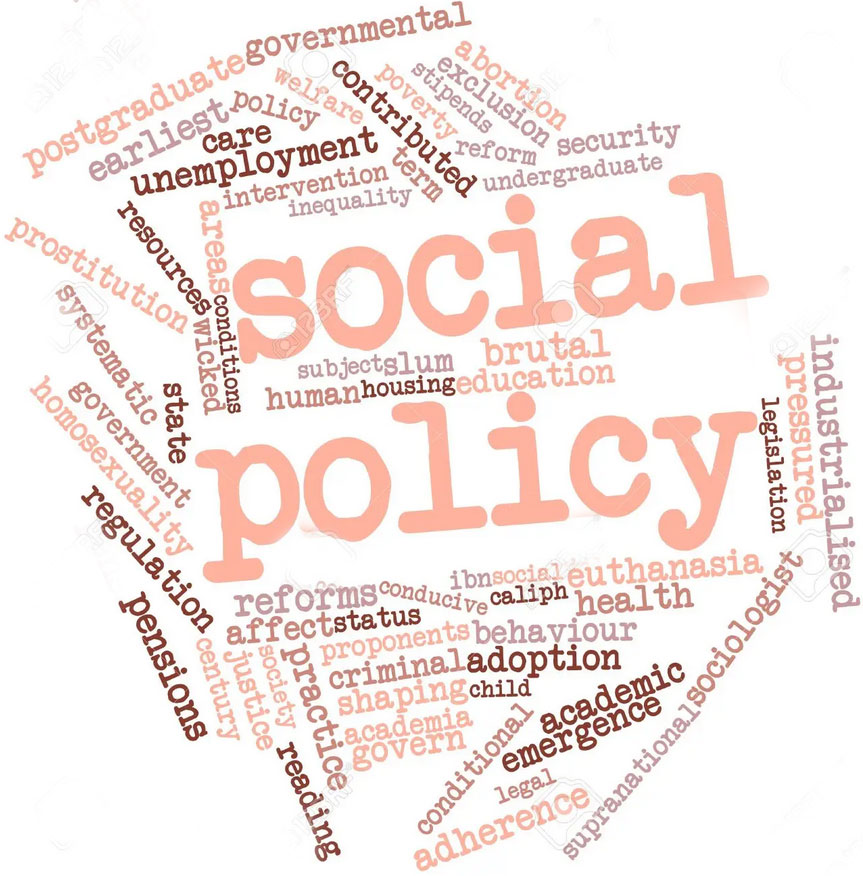


We shall strive to maximize Customer Satisfaction by Producing & Supplying Automotive & Other Castings meeting their need, expectation & requirements.
We shall achieve this through Continual Improvement in Process & Performance, Reduction in Waste and Developing Capable & Motivated Human Resources.

Since year 2008, RBA Ferro associated with “Ramji Das Foundation”, Kolkata and never lose sight of our responsibility to the environment and society. Our commitments towards Corporate Social Responsibility include but not limited to, promotion of education and healthcare, energy and climate change and betterment of the society through respect for universal human rights and the environment, acting with integrity and accountability and operating responsibly and sustainably.
Corporate bodies’ involvement in CSR activities is not a new concept in India. Industrial majors are engaged in social development activities since long back. However, the Companies Act, 2013 has brought it under the legal purview. The concept of CSR is introduced through “Comply-or-Explain” mandate. It mandates qualifying companies to constitute Corporate Social Responsibility Committee to effectively monitor CSR activities of the Company. Further the Companies (Corporate Social Responsibility Policy) Rules, 2014 (hereinafter referred to as “the CSR Rules”) lay down the framework and modalities for carrying out CSR activities, which are specified in Schedule VII of the Act.

The main objective of the CSR Policy is to lay down guidelines for RBA Ferro Industries Private Limited to make CSR as one of the key focus areas to adhere to RBA’s global interest in environment and society that focuses on making a positive contribution to society through effective impact and sustainable development programs.
This Policy covers the proposed CSR activities to be undertaken by the Company and ensuring that they are in line with Schedule VII of the Act as amended from time to time. It covers the CSR activities which are being carried out in India only and includes strategy that defines plans for future CSR activities.
The CSR activities of the Company shall include, but not limited to any or all of the sectors/activities as may be prescribed by Schedule VII of the Companies Act, 2013 amended from time to time. Further, the Company will review the sectors/activities from time to time and make additions/ deletions/ clarifications to the above sectors/activities.

Pursuant to the provisions of Section 135 of the Act, the Board of Directors shall constitute the Corporate Social Responsibility (CSR) Committee. The Members of CSR shall be appointed by the Board of Directors of the Company, which must consist of at least two or more Directors. Accordingly, the constitution of CSR Committee formed by RBA Ferro is as follows:
| Sl. No. | Name of the member | Designation in committee | Designation @ RBA Ferro |
|---|---|---|---|
| 1 | Mr. Om Prakash Agarwal | Chairperson | Director |
| 2 | Mr. Harshvardhan Agarwal | Chairperson | Director |
To effectively implement the objectives of the Company with respect to CSR, the Committee is vested with the following functions and powers:
The activities of the CSR Committee and the Internal Working and Monitoring Group will be carried out in close co-operation with “Ramji Das Foundation”, Kolkata. This especially applies to project proposals and the implementation of the CSR activities.

For smooth functioning of the Committee, the members shall meet as below to discuss such matters and to take such decisions as may be necessary;
Net profit for the purpose of allocation towards CSR means profit more fully described under Rule 2(f) of the CSR Rules. The CSR expenditure shall include all expenditure including contribution to corpus or on projects or programs relating to CSR activities approved by the Board of Directors on the recommendation of its CSR Committee but does not include any expenditure on an item not in conformity or not in line with activities stated under Schedule VII of the Act.


The Company may build CSR capabilities of their own personnel as well as of their Implementing Agencies and such expenditure shall not exceed 5% of the total CSR spend of the Company as stated in the Rules from time to time. Determination of whether a particular expenses fall within this 5% cap can be decided in consultation of the Chief Financial Officer of the Company based on the clarification available from time to time in this regard.
If the Company fails to spend the required amount in a particular financial year, it is the duty of the Committee to submit a report in writing to the Board of Directors specifying the reasons for not spending the amount, which in turn shall be reported by the Board of Directors in their Annual Report pertaining to that particular Financial Year.
Surplus, if any, arising out of the CSR projects or programs or activities shall not form part of the business profit of the Company.

Pursuant to Schedule VII of the Act and the CSR Rules, the Company shall undertake CSR activities included in its Annual CSR Plan, as recommended by the CSR Committee at the beginning of each year. The Committee is authorized to approve any modification to the existing Annual CSR Plan or to propose any new program during the financial year under review.
The Annual CSR Plan is a yearly plan of CSR activities that would be placed before the Board of Directors of the Company based on recommendation of its CSR Committee, which outlines inter alia the following aspects of CSR initiatives of the Company:

It is expressly allowed under the CSR Rules that the Company may collaborate with any other Company or association formed in this regard subject to approval by CSR Committee, to implement CSR activities and the same shall form a part of the Annual CSR Plan.
An Internal Working and Monitoring Group (IWMG) comprising of below mentioned employees of the Company will be set up to ensure effective implementation and monitoring of the projects approved by the CSR Committee from time to time.
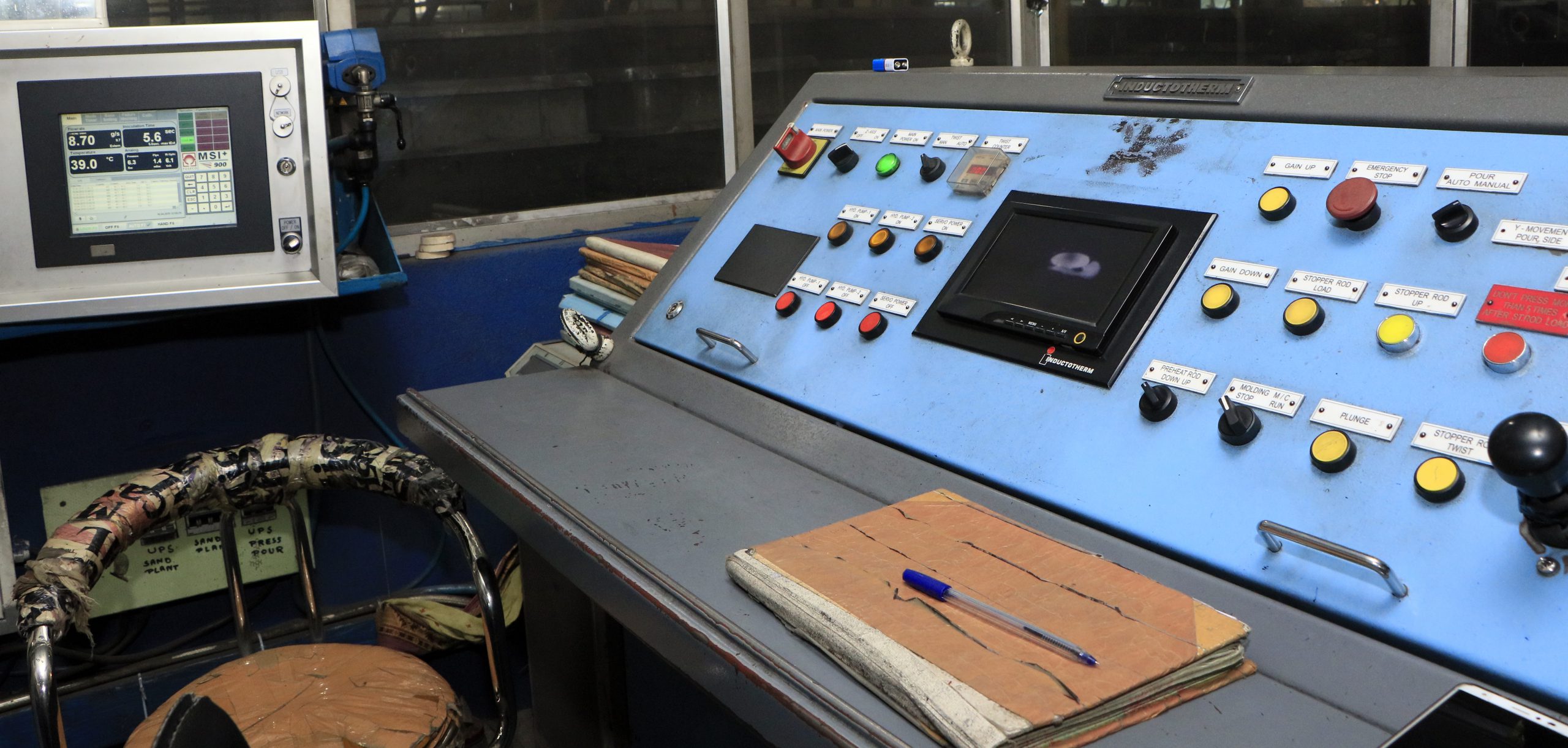
The IWMG shall submit reports to the CSR Committee of the Company at least once in six months on the progress of the various projects approved by the Committee and entrusted to the Group for implementation and monitoring.
The Internal Working and Monitoring Group shall assist the CSR Committee to prepare reports that are required to be placed before the Board. The format of the Report shall be the format prescribed under the CSR Rules stated hereunder:
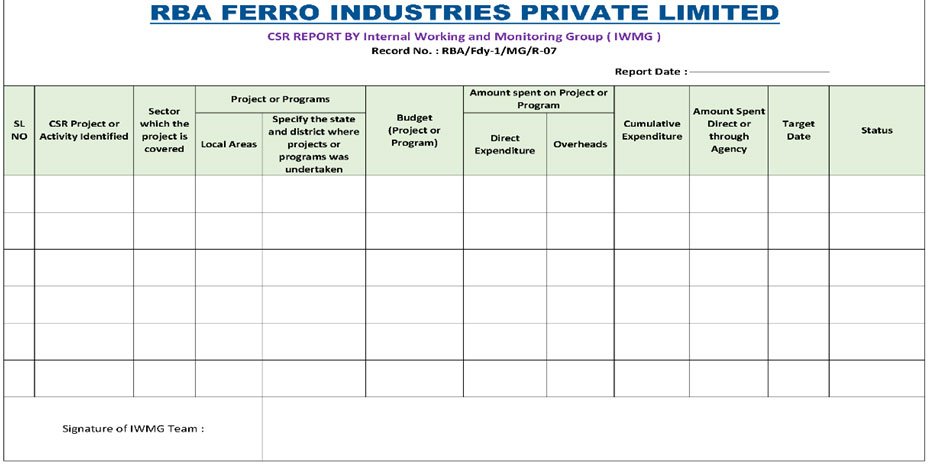
| SL NO. | CSR Project or Activity Identified | Sector which the project is covered | Project or Programme
|
Budget (Project or Programe) | Amount spent on Project or Programe
|
Cumulative Expenditure | Amount Spent Direct or Through Agencies | Target Date | Status | |||||
|---|---|---|---|---|---|---|---|---|---|---|---|---|---|---|
|
|
|
|||||||||||||
As per the CSR Rules, the contents of the CSR Policy shall be included in the Directors’ Report and the same shall be displayed on the Company’s website, if any.
The administration of the CSR Policy of the Company and the execution of identified CSR projects, programs and activities under it shall be carried out under the control and overall supervision of an internal monitoring group formed for this purpose. At the time of formation of this policy, the internal monitoring group shall consist of:

The internal monitoring group shall submit its report at least once in six months to the CSR committee formed under the Act, which shall monitor the CSR policy of the Company from time to time.
Further, the Board of Directors may revise/ amend this CSR Policy based on the recommendations of the CSR committee or to bring the same in line with the guidelines or amendments issued from time to time by Government on the subject.


To lead businesses in preparing to survive a disaster.

Disaster resilient businesses within disaster resilient communities.

Disaster survival of business, industry and commerce for our communities.
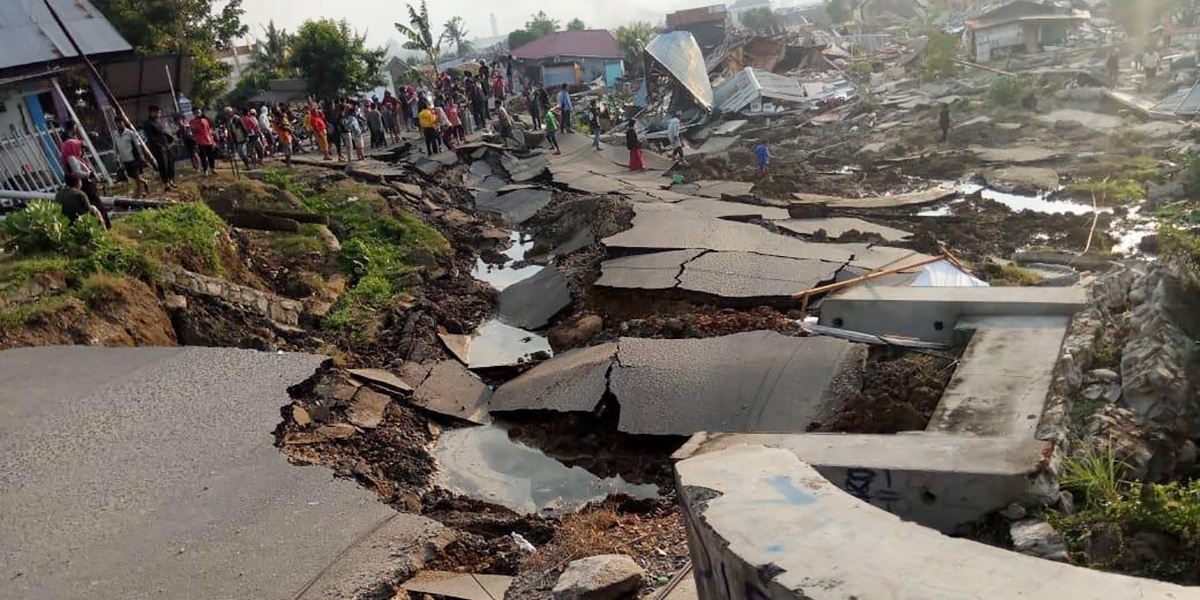
The impact of earthquakes on workplaces could be severe in terms of life, property and economic losses. Business owners, managers, supervisors, and employees all must be aware of not only the physical and emotional impact an earthquake could have on their lives, but also of the economic impact of lost properties in the workplace.
Earthquake planning is all-hazard planning; it ensures preparedness for a variety of hazards, including fire, hazardous spills, flooding, power outages and communication failures.
Earthquake planning helps an organization fulfil their moral responsibility to protect employees, the community and the environment.
Earthquake planning facilitates compliance with regulatory requirements of local, regional, provincial and national governing bodies.
Earthquake preparedness enhances a company's ability to recover from financial losses, regulatory fines, loss of market share, damages to equipment and products, or business interruptions.
Earthquake planning enhances a company's image and credibility with its staff, customers, suppliers and the community at large.
Earthquake planning reduces exposure to civil or criminal liability in the event of an incident.
The objectives of earthquake planning are:
The overall objective in emergency planning is to create a system that will ensure an effective and efficient response to emergencies. Specifically, this will include:

Overall management and coordination of emergency operations
Establishment of a “chain of command” and delegation of authority
Coordination of requests for assistance and allocation of company resources and other support
Establishment of priorities and resolution of conflicting demands for support
Coordination of inter- and intra-regional aid and community based support
Coordination, direction and distribution of emergency public and employee information
Collection, evaluation and distribution of damage assessments and other essential information
Coordination and maintenance of communication with appropriate governmental agencies and news media




If driving when an earthquake strikes, move to the shoulder of the highway, away from Bridges, overpasses, power lines, and large buildings as quickly as is safe
Stay in your vehicle and wait for the shaking to stop.If riding public transit, the vehicle typically will stop. Remain calm and follow instructionsfrom transit system staff members who have been trained to handle earthquakes and other emergencies
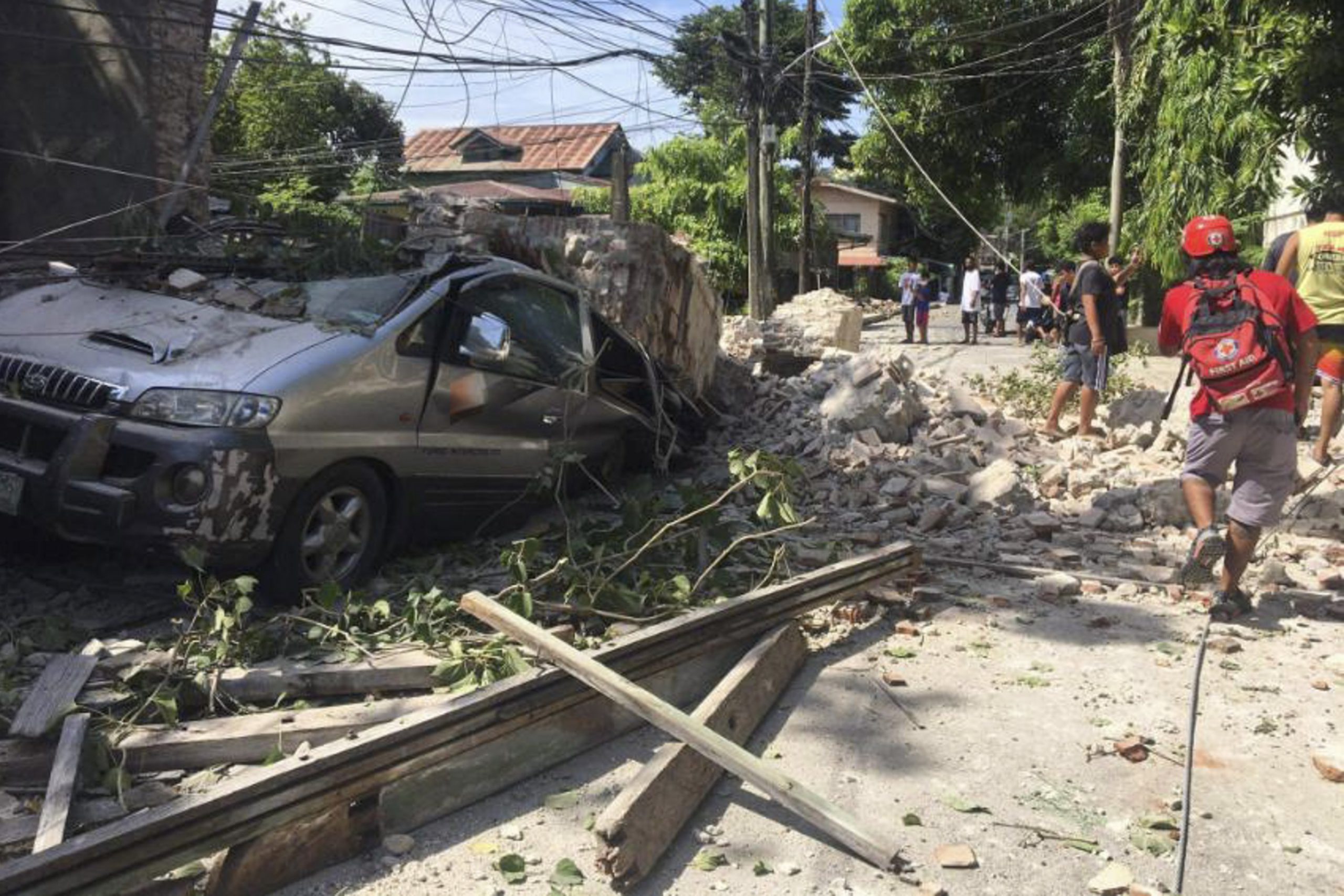
Stay outside, move into open areas – well away from buildings, walls, trees and power lines


It is the policy of RBA Ferro Industries Pvt. Ltd. to insist that all subcontractors, their employees, and our direct workforce, understand and strictly adhere to the provisions of the Occupational Health and Safety Act and all applicable regulations.
The duties and responsibilities of the supervisor, worker and employer, legislated in the Occupational Health and Safety Act, are of paramount importance. Below, are some of the most fundamental Safety Rules; know them and adhere to them. Your foreman or project superintendent will inform you of any additional safety rules and procedures as the need arises.
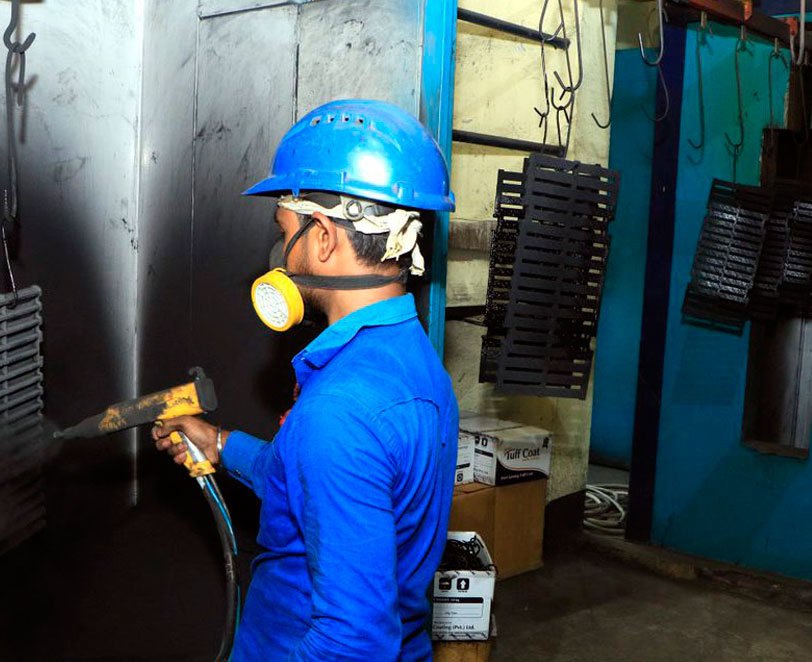
C.S.A.– approved class “B” hardhats must be worn at all times while you are on the project.
C.S.A.– approved footwear (“Green Patch”) with toe and sole protection must be worn at all times
while you are on project.
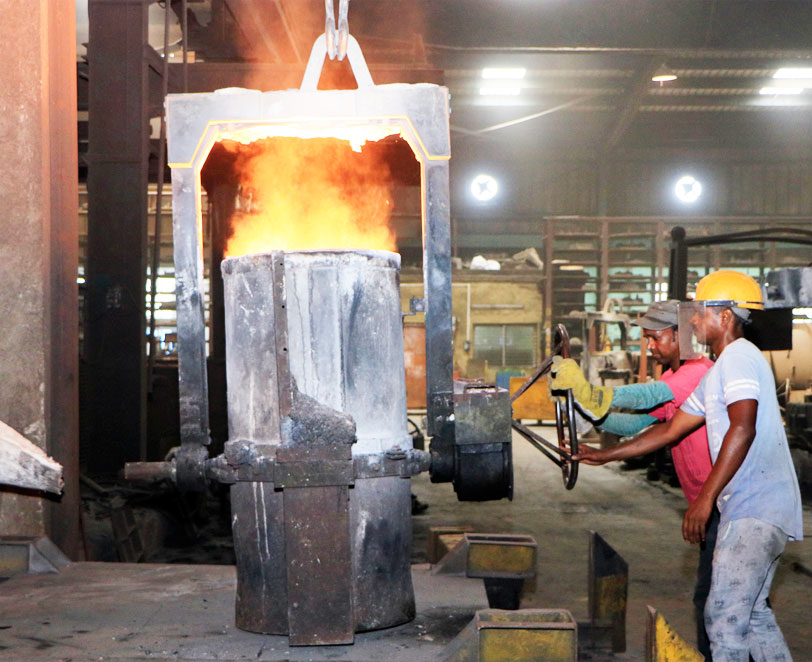
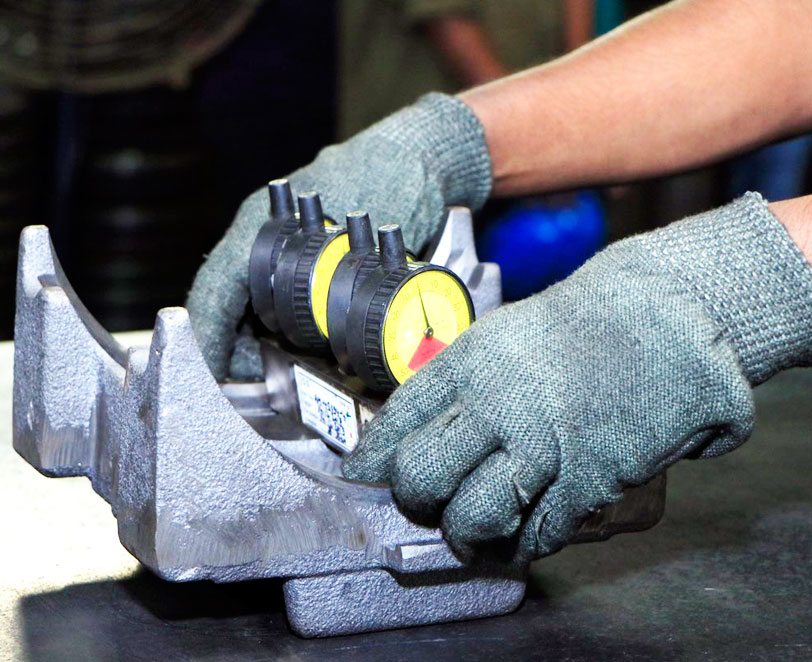
Appropriate work clothing must be worn when handling and using tools and materials which
may cause injuries to your skin.
Face shields, goggles or glasses must be worn by workers and must be of a design to afford suitable eye and face protection when:

For your protection on the job, DO NOT WEAR
Other equipment, such as safety belts, full–body harnesses, respirators, reflective vests, flotation vests, ear protection devices, etc., must be worn when required by the Act of Regulations and your foreman.
Non–prescription drugs or alcohol will not be allowed on the job. Any employee found to be in possession of, or under the influence of, drugs or alcohol will not be allowed to work and is liable to be severely disciplined or terminated from employment.
All injuries and accidents/incidents, no matter how minor, must be reported immediately to your supervisor. The supervisor will conduct his/her investigation and report it to management.
If you should notice any unsafe practice or condition on the job, you are obligated by law and by this company to report the situation immediately to your supervisor so that corrective action can be taken.
Never place tools or materials near edges to openings or levels, as these items may fall onto someone below. Keep all tools and materials at least six feet back from edges and openings.
Always seek assistance or use mechanical lifting devices when attempting to lift heavy material. Avoid awkward positions and always lift with legs. not your back. Your back is very susceptible to injury in a bent position.
No person shall jump from one level to another and anyone discovered jumping will be reprimanded and subject to immediate termination from employment. Use proper means for access and egres.
Do not engage in any prank, contest, feat or strength, unnecessary running or boisterous conduct.
Do not remove guardrails or coverings.
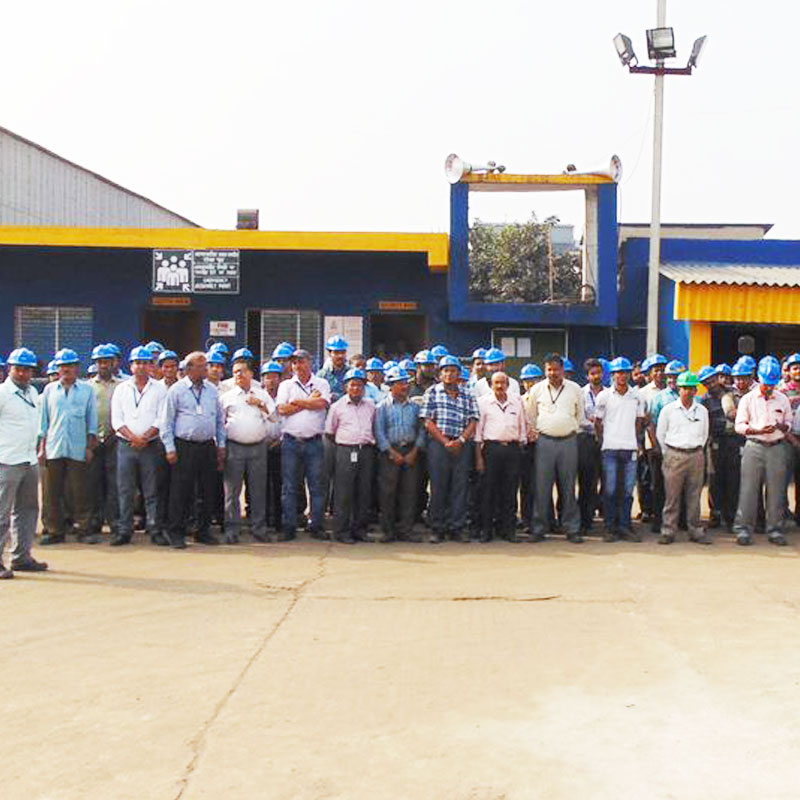
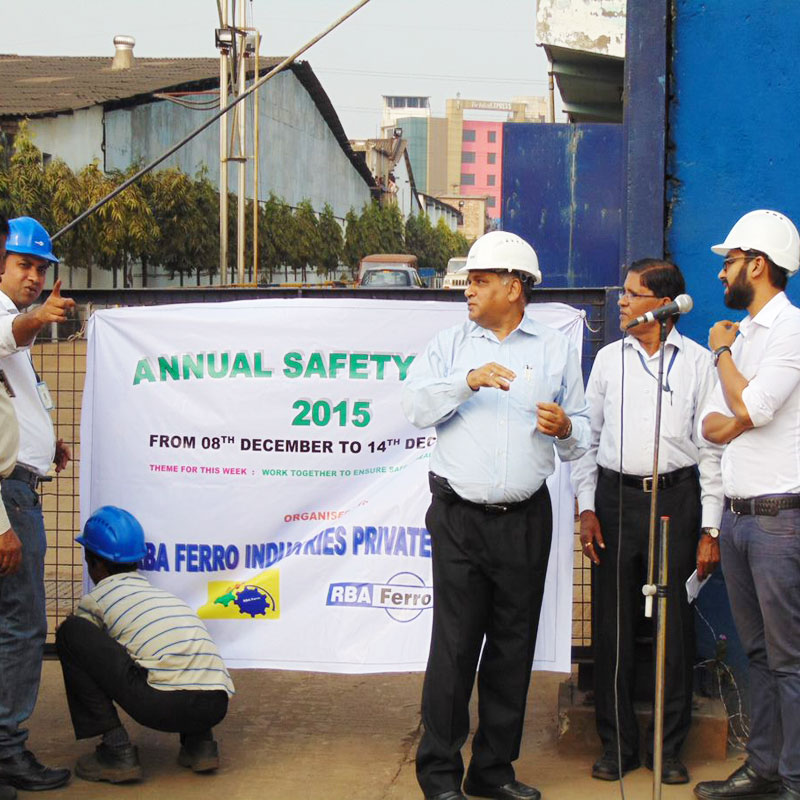
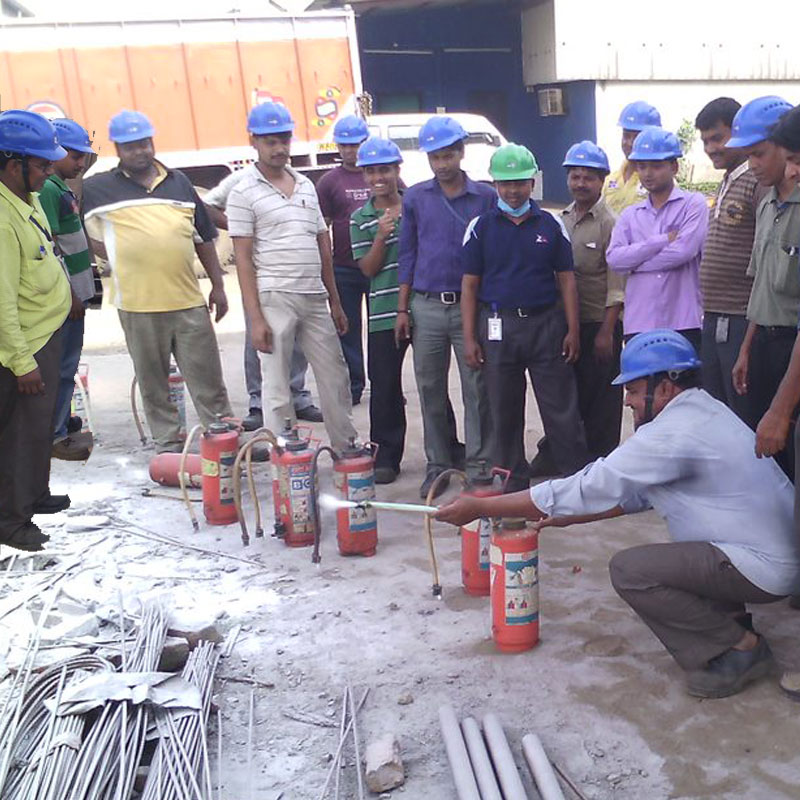
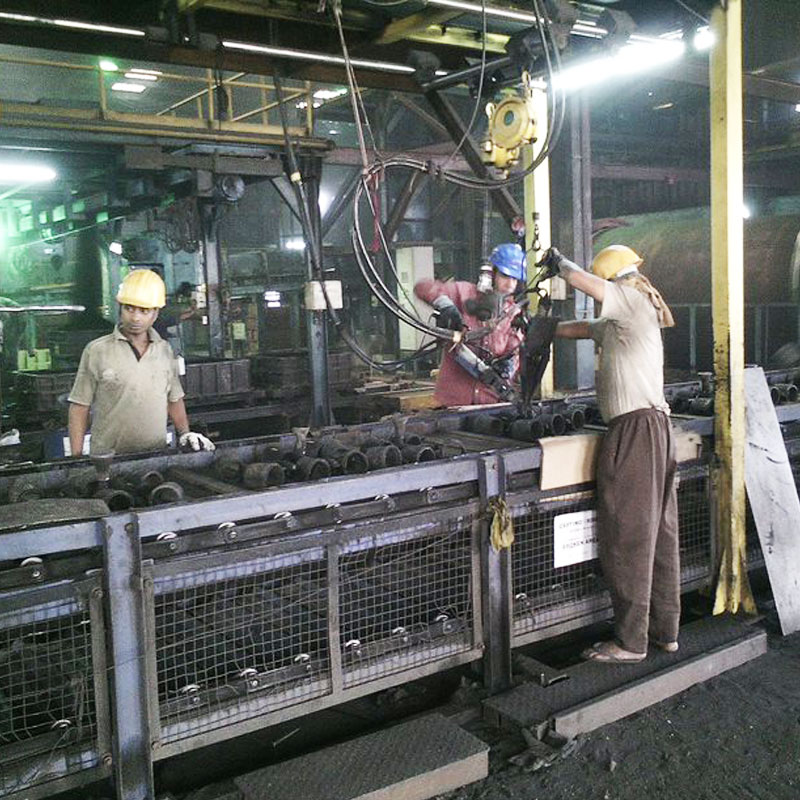
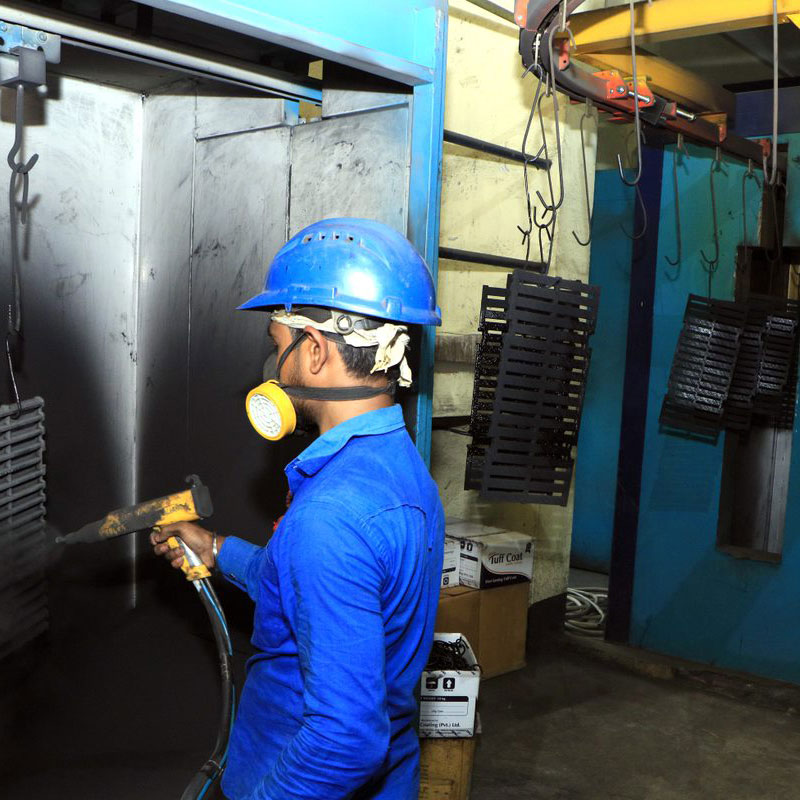

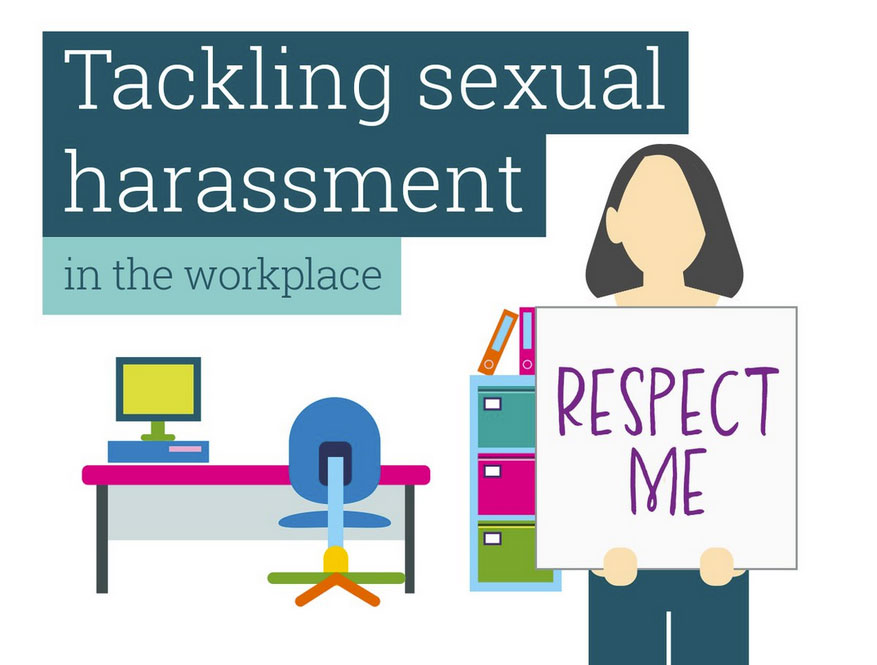
Our sexual harassment policy aims to protect men and women in our company from unwanted sexual advances and give them guidelines to report incidents.
We will also explain how we handle claims, punish sexual harassment and help victims recover.
We will not tolerate sexual harassment in our workplace in any shape or form. Our culture is based on mutual respect and collaboration. Sexual harassment is a serious violation of those principles.

This policy applies to every person in our company regardless of gender, sexual orientation, level, function, seniority, status or other protected characteristics. We are all obliged to comply with this policy.
In addition, we will not tolerate sexual harassment from inside or outside of the company. Employees, Workers, contractors, customers and everyone interacting with our company are covered by this policy. For further details about how we deal with harassment from the outside of our company, please refer to our third party harassment policy.
Sexual harassment has many forms of variable seriousness. A person sexually harasses someone when he or she:
The extreme form of sexual harassment is sexual assault. This is a serious crime and our company will support employees who want to press charges against offenders.
Any person in our company who is found guilty of sexual assault will be terminated, whether they are Senior or Junior. In addition, if representatives of our contractors or vendors sexually harass our employees, we will demand that the company they work for takes disciplinary action and/or refuse to work with this person in the future.
Any kind of harassment can wear down employees and create a hostile workplace. We will hear every claim and punish offenders appropriately.
Many do not consider behaviours like flirting or sexual comments to be sexual harassment, thinking they are too innocent to be labelled that way. However, if something you do makes your colleagues uncomfortable, or makes them feel unsafe, you must stop.
We listen to victims of sexual harassment and always conduct our investigations properly. Occasional false reports do not undermine this principle.
We will fully support employees who were sexually harassed and will not take any adverse action against them. For example, we will not move them to positions with worse pay or benefits or allow others to retaliate against them
All Managers and HR especially are obliged to prevent sexual harassment and act when they have suspicions or receive reports. Letting this behaviour go on or encouraging it will bring about disciplinary action. Anyone who witnesses an incident of sexual harassment or has other kinds of proof should report to HR

If you are being sexually harassed (or suspect another person is being harassed), please report it to HR manager or your manager. In serious cases like sexual assault, please call the police and inform HR that you plan to press charges. We acknowledge it is often hard to
come forward about these issues, but we need your help to build a fair and safe workplace for you and your colleagues.
If you want to report sexual harassment within our company, there are two options:
Sometimes, people who harass others do not realize that their behaviour is wrong. We understand this is possible, but that does not make the perpetrator any less responsible for their actions

If you suspect that someone does not realize their behaviour is sexual harassment under the definition of this policy, let them know and ask them to stop. Do so preferably via email so you can have records. Please do not use this approach when:
In the above cases, report to HR as soon as possible.
Employees who are found guilty of sexual assault will be terminated after the first complaint and investigation.
Employees who are found guilty of sexual harassment (but not assault) the first time may:
We may also transfer harassers or take other appropriate action to protect their victims. We will terminate repeat offenders after the second claim against them if our investigation concludes they are indeed guilty.
We apply these disciplinary actions uniformly. Employees of any sexual orientation or other protected characteristics will be penalized the same way for the same offenses.

First, HR and managers should try to prevent sexual harassment by building a culture of respect and trust. But, when sexual harassment occurs and an employee makes a complaint, both HR and managers must act immediately.
Managers should talk to HR and explain our company’s procedures to their team member who made the complaint.
When HR receives a complaint that an employee harasses another employee, they will:
HR or managers must not, under any circumstances, blame the victim, conceal a report or discourage employees from reporting sexual harassment. If HR or a manager behaves that way, please send an email to their own manager or a senior HR leader explaining the situation.
We welcome any feedback or complaints about our procedures and how our employeeshandled each case.

Apart from investigating claims and punishing perpetrators, we want to support the victims of sexual harassment. If you experience trauma, stress or other symptoms because of harassment, consider
Your job and benefits will not be jeopardized or altered if you choose any of those below options
or other means to recovery.
Sexual harassment can exhaust those who endure it. Speaking up about this issue is often tough for fear of not being heard, upsetting managers and challenging corporate culture.
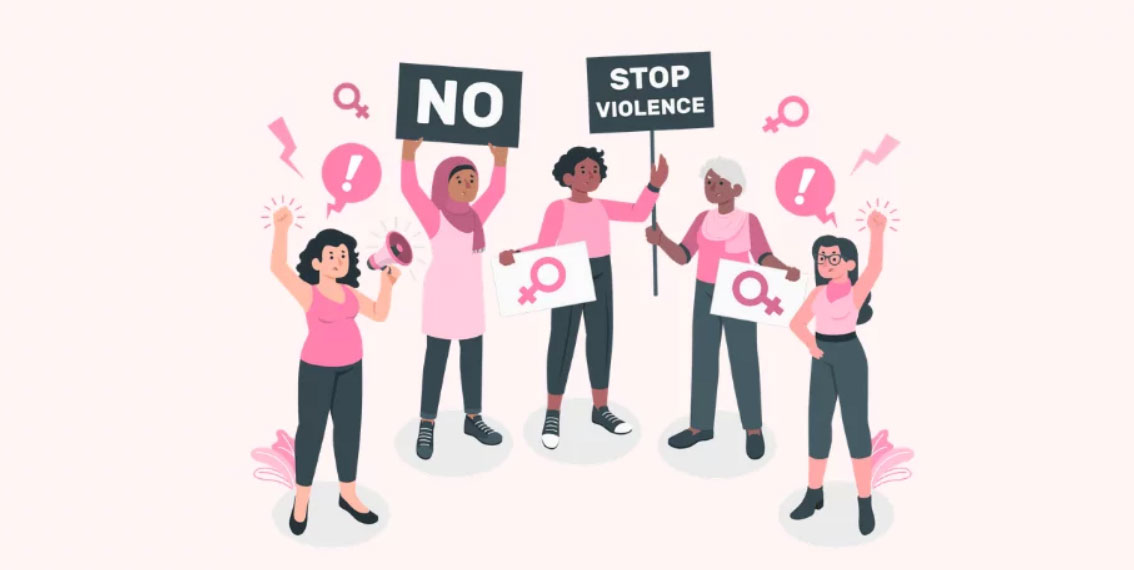
Please do not let these fears deter you. Our company will do everything possible to stop sexual harassment and any other kind of harassment from happening, while supporting harassed employees. We need to know what is going on so we can act on it. And by raising your voice on this issue, you help our company create a happy workplace and thrive


Our child labour policy is our position on employing minors and aims to ensure that our company, its subsidiaries and everyone we are connected with follows the law and cares for children’s interests.
As an organization, we want to do business in a legal, ethical manner adding value to society and the environment instead of doing harm. Helping stop child labour is fundamental to us. We want to make sure that our organization does not take part in children’s exploitation and helps end it to the best of our ability.
This policy applies to our entire organization and those we do business or partner with including suppliers, vendors and contractors.
The Child Labour Act-1986, Govt. of India guide our policy on child labour. When it comes to legal aspects, we always:
In this policy, we refer to “children” as people who are younger than 18 years of age.
“Child labour” refers to work that deprives children of their childhood and affects their schooling, their potential and their dignity. Work is harmful to them mentally, physically and socially.
When it comes to young children (younger than 15 years), we do not want to stand in the way of their health, schooling or free time. That is why we do not and will not employ anyone younger than 18 years of age and require our subsidiaries to do the same.

We are also committed not to do business with any organization that employs as per govt. laws. We will include this condition in every contract we sign and reserve the right to break the contract without penalty if our stakeholder violates this condition and refuses to agree on or follow through with an elimination plan
The Organization does not engage, not either support the use of any child or younger child labour that is under age of 14 years and 18 years respectively.
At the time of appointment, the age as on that time, in the form of” Proof of Date of Birth” certificate (i.e. AADHAR CARD/ EPIC/ PASSPORT/BIRTH CERTIFICATES/ BOARD EXAM ADMIT CARD OF 10THCLASS) is acceptable. These records are verified and recorded in the individual personnel file RBA/Fdy-1/HR/R-02
To make sure we enforce this policy and help eliminate child labour, we are committed to:

We want to grow and thrive as a business, but we are also committed to do well by the community we belong in. We ask all of our employees and partners to follow this policy, not just, because we demand it as an organization, but because securing a bright future for children is everyone’s duty.

